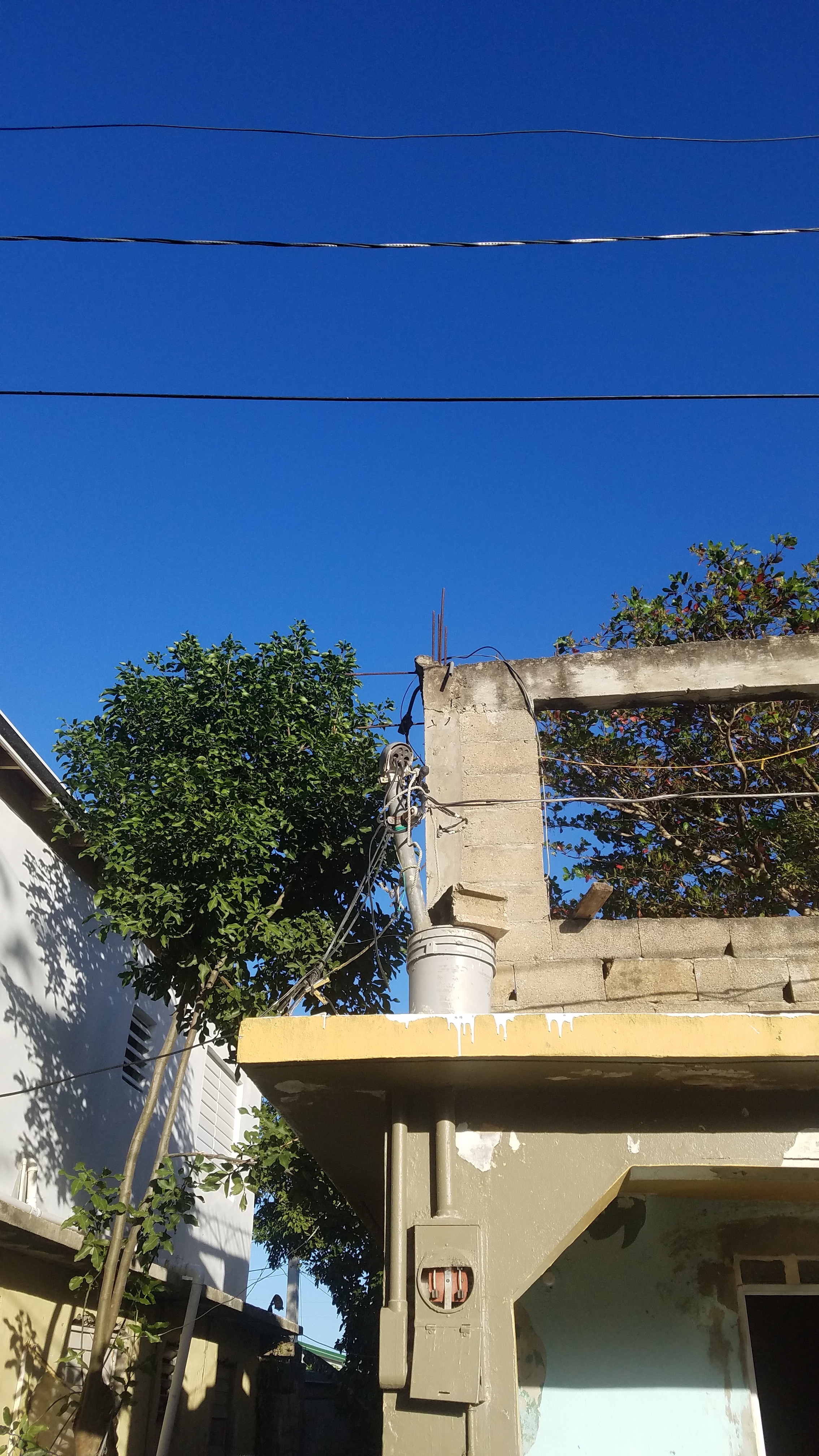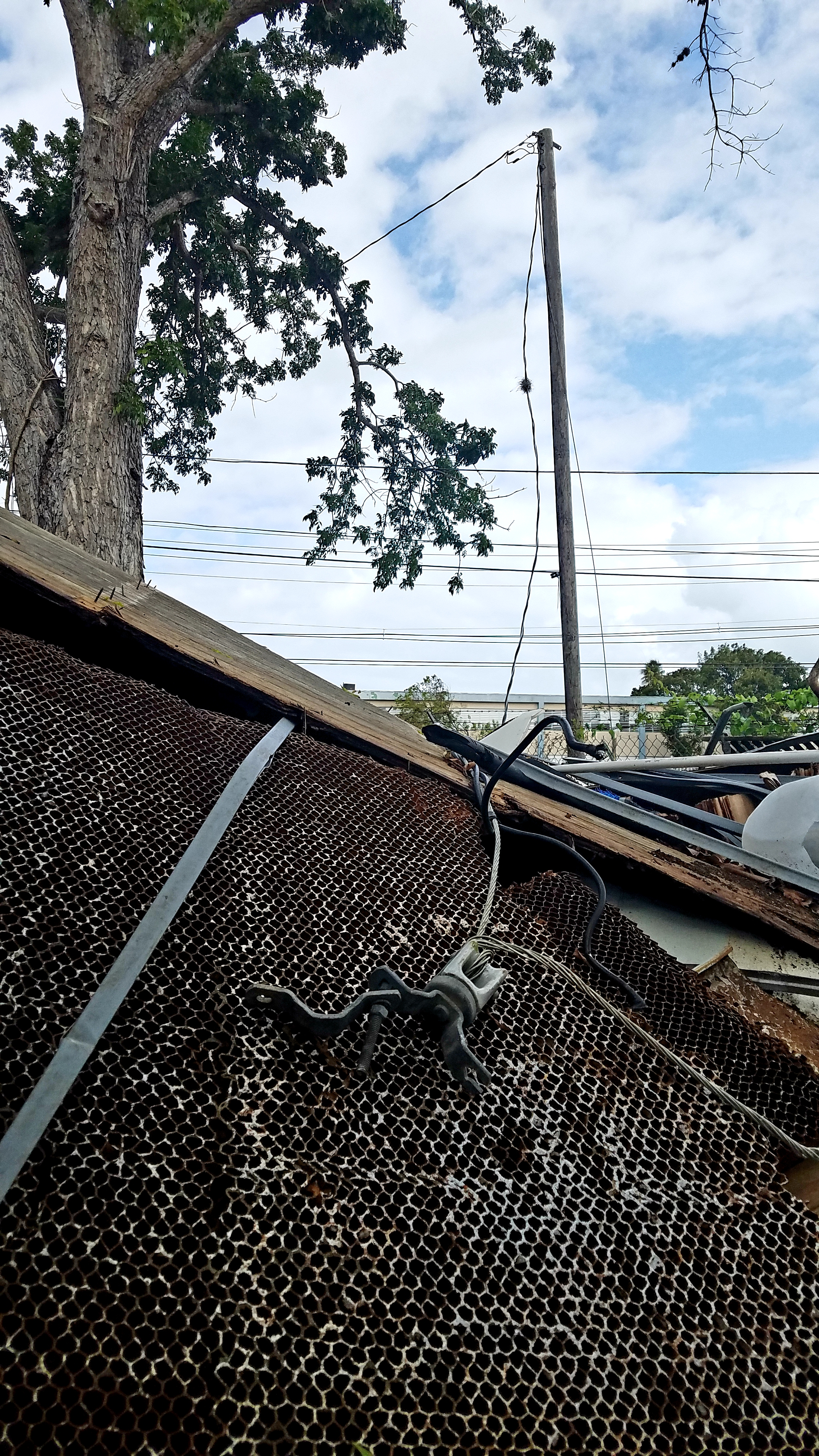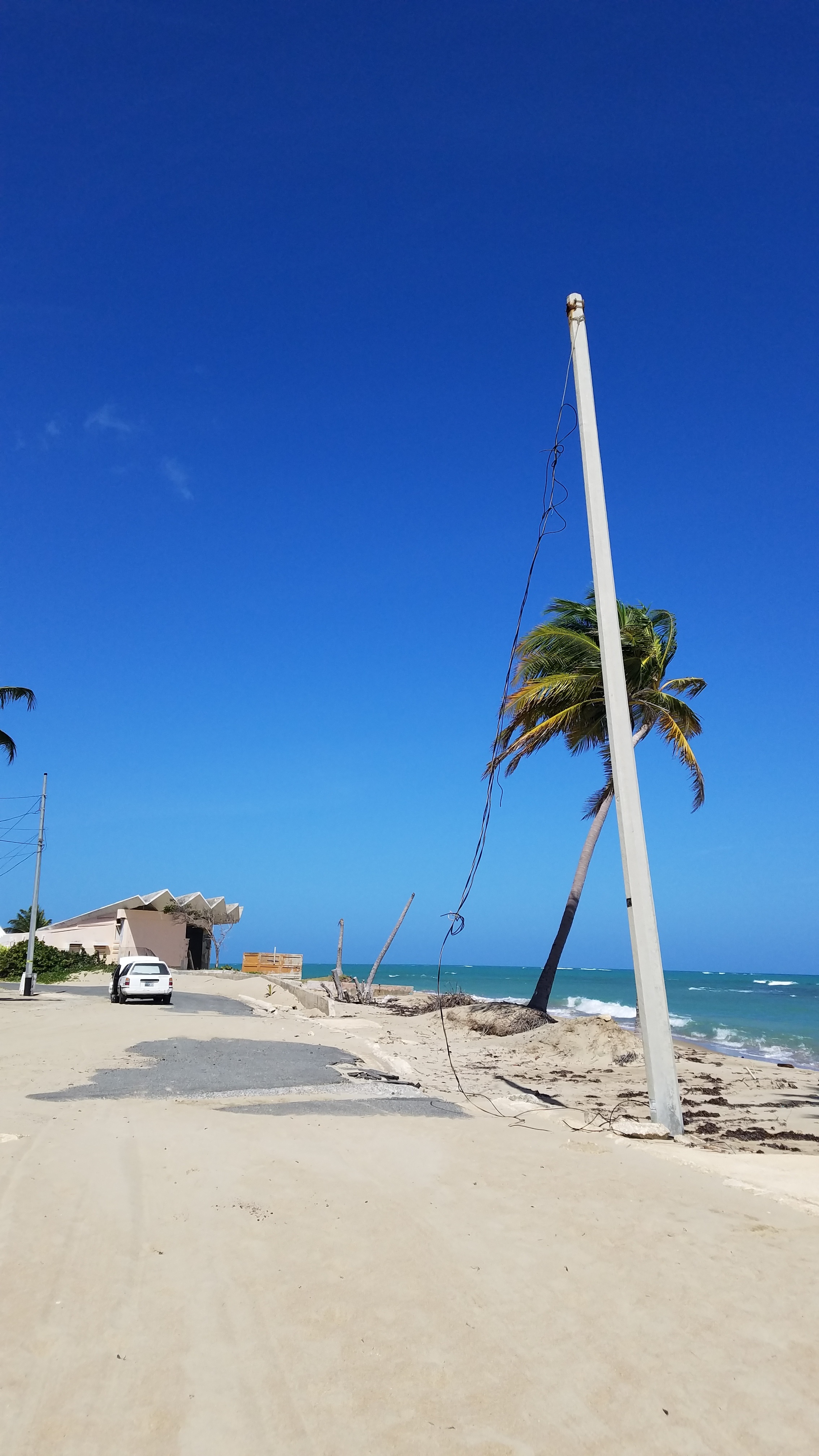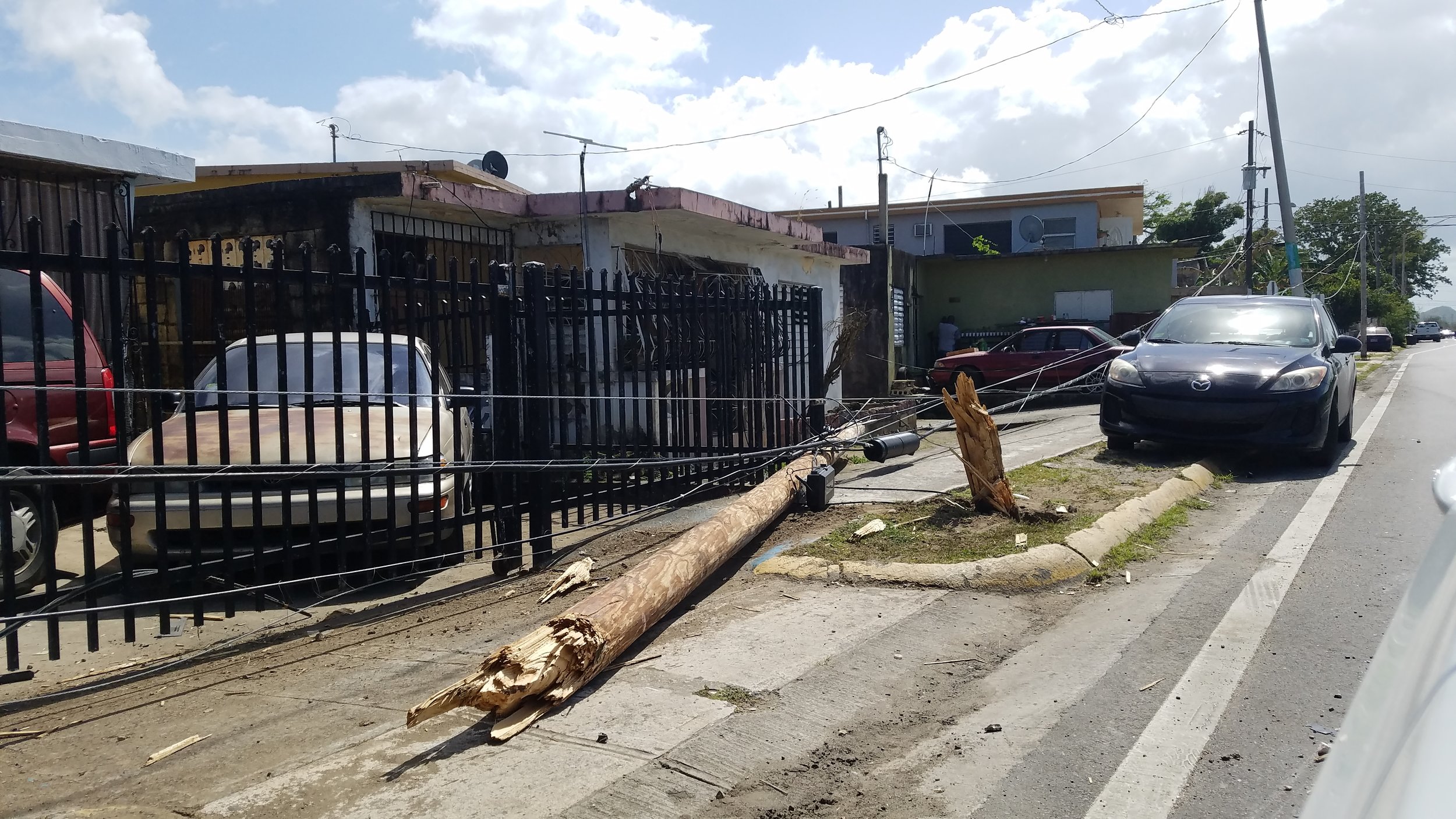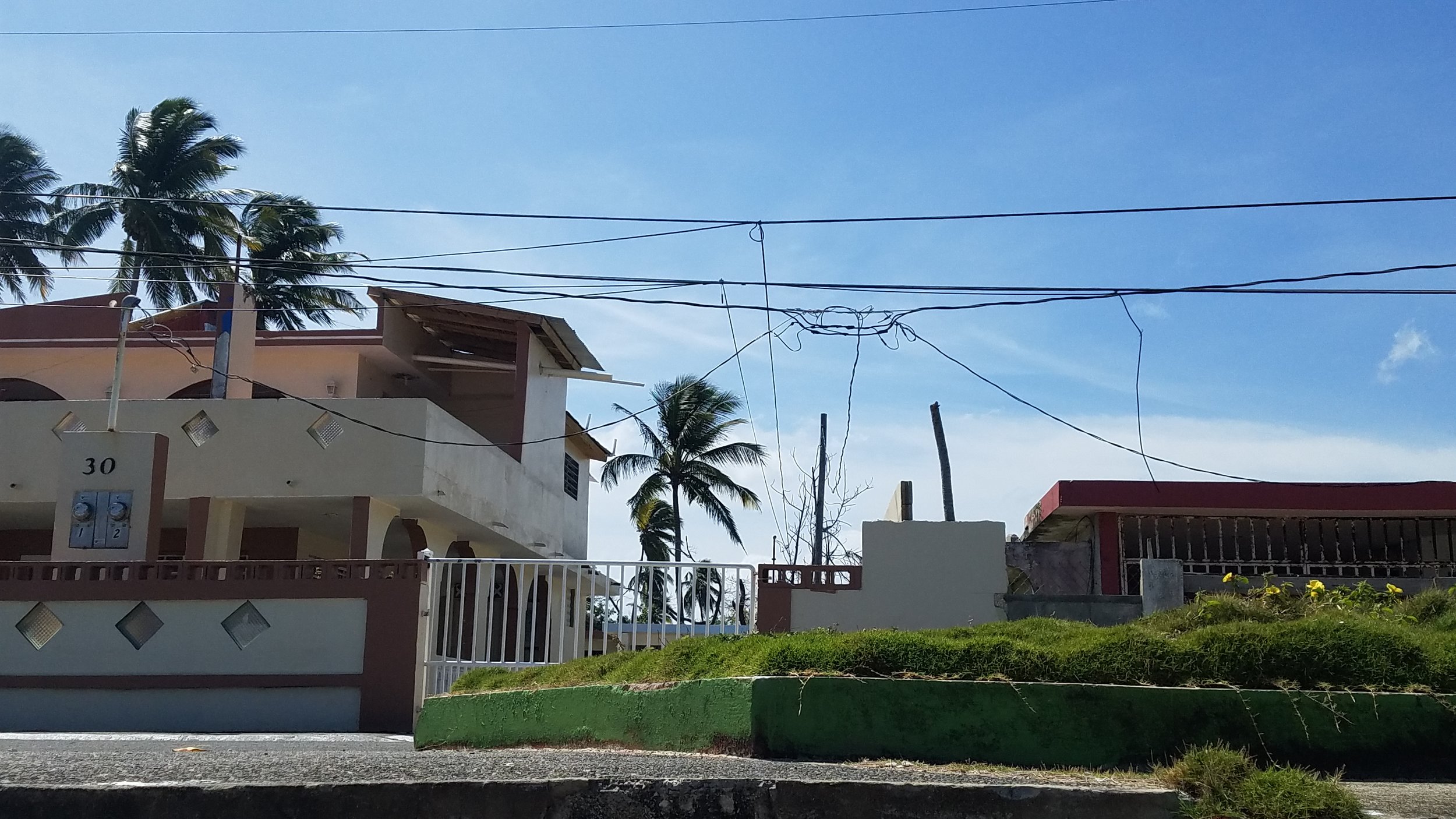by Jen Stevenson
This afternoon I read a recent publication by Northeastern University Professor Jennie Stephens on energy democracy. Climable always works with an eye towards energy democracy as we believe clean energy should be available to anyone and that people deserve a say in how they receive power. (Literally and metaphorically.) This idea is the essence of energy democracy.
Prof. Stephens’s piece resonated especially because I’m in Puerto Rico right now doing some research and preliminary work on a solar + storage project for a community center. Climable is partnering with a nonprofit here that exists to provide valuable services and support to its community. I met with their Board of Directors; everyone grew up here and their love for their neighborhood is evident.
I haven’t been on any island-wide tour, but what I have seen in this one town is enough to convince most of the merits of energy democracy. Here, people went without power after Hurricane María for 6 months. When discussing the proposed project with them I asked about the need for reliable energy for the community. All heads were nodding in agreement- for them it is a no brainer to have a source of energy that is not dependent on the grid. When I asked if they were surprised by the length of time they were without power they said no. They said they’d been in this situation before when Hurricane Hugo passed through in 1989.
I am fortunate and privileged enough to not know what 6 months without power feels like. The longest I’ve ever been without power was 6 days in the Great Ice Storm of 1998 and even then, businesses not far away had electricity so that we could go get take out when we felt cabin fever setting in.
One walk around here and you see the second stories missing from buildings, abandoned businesses with caved in roofs, jerry-rigged powerlines precariously strung about willy-nilly.
A quick search about the demographics here shows that over half of the people in this city live below the poverty level. On an island that is reliant on imports, including the import of fossil fuels, energy injustice is blatantly obvious. But, as Stephens point out, with renewable energies like that afforded by solar panels, “communities do not need to compete for access to a scarce resource in the way that there is fierce constant competition for limited uncertain fossil fuel resources.”
Done correctly, energy democracy can work to remedy the inequities that fossil fuel based systems have fostered. Over the next few months, Climable and Clean Water Action will be releasing more details about this joint project. In the meantime, we’ll be collaborating with our friends in Puerto Rico to calculate how much electricity they’d need to run their community kitchen in an emergency. We’ll be discussing system options with contractors. And we’ll be devising a holistic plan with our community partners around energy, water, and communications so they are able to serve their community in good times or bad. As details become clearer we will host a fundraiser or two to help pay for the system. We hope you will consider assisting if you are in a position to do so!
While this is just one energy transition project, we hope it lays the framework for us to undertake more of these projects as the opportunities arise. If you are interested in learning more about this work, please let us know.



